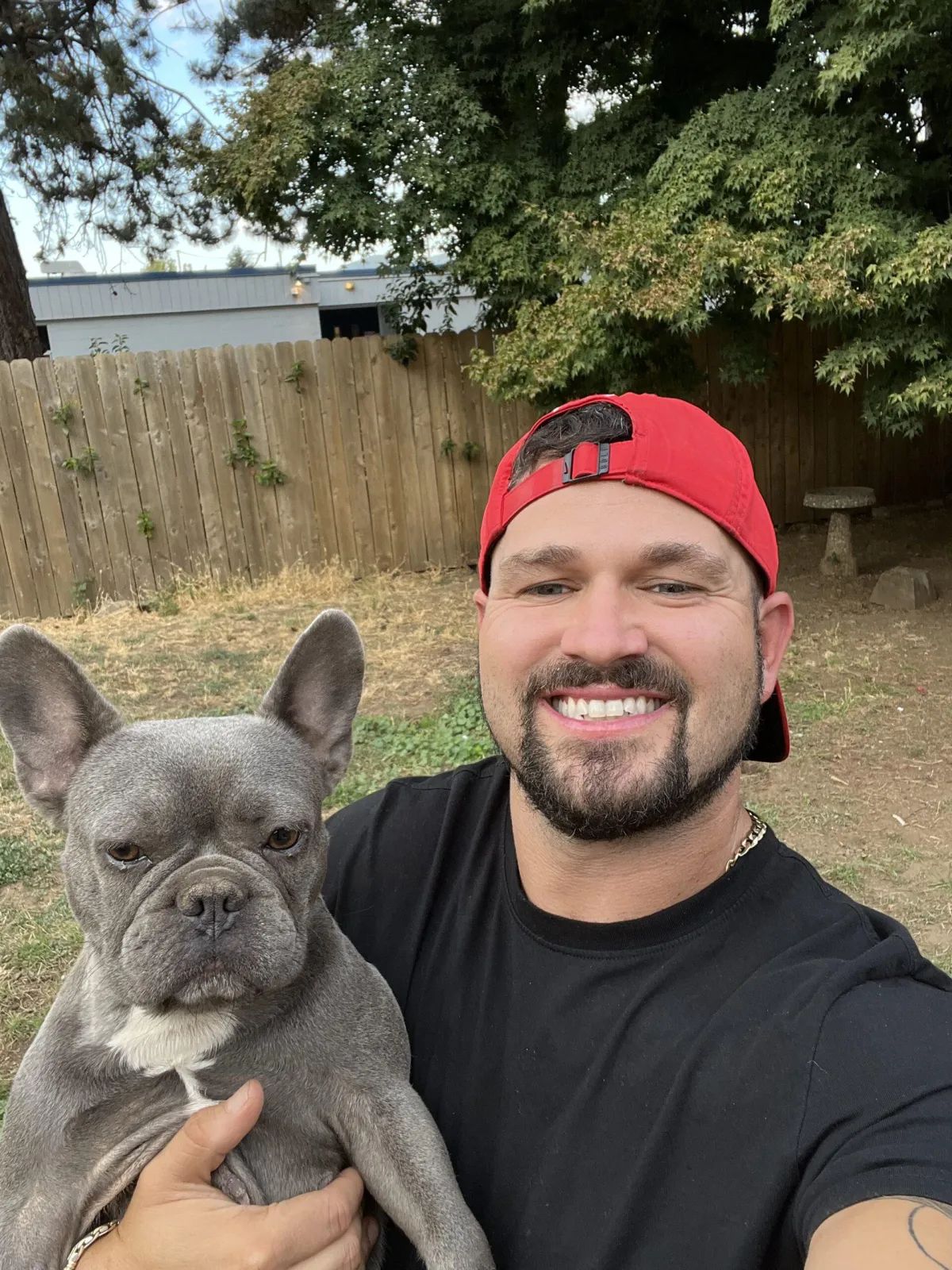How to Handle Puppy Biting and Chewing: Techniques for a Happy Home
Bringing a new puppy into your home is an exciting and rewarding experience. Puppies are cute, cuddly, and full of energy, but they can also be a handful. One of the most common issues that new puppy owners face is biting and chewing. It’s a natural behavior for puppies, but it can also be destructive and painful. In this blog post, we will discuss techniques for handling puppy biting and chewing, so you can have a happy and well-behaved puppy in your home.
Why Puppies Bite and Chew
Before we dive into the techniques for handling puppy biting and chewing, let’s first understand why puppies do it. Puppies are born without teeth, but they start to develop them at around three weeks of age. By the time they reach eight weeks, they have a full set of sharp little teeth. Biting and chewing is a natural behavior for puppies, and there are a few reasons why they do it.
Exploration and Play: Puppies explore their surroundings with their mouths, and they use their teeth to play with their littermates.
Teething: Just like human babies, puppies go through a teething phase. The discomfort of teething can lead to excessive biting and chewing.
Attention-Seeking: Puppies crave attention and may resort to biting and chewing to get it.
Boredom: Puppies have a lot of energy, and if they don’t have enough stimulation, they may resort to destructive behaviors like biting and chewing.
Socialization
Socialization is a critical aspect of puppy training. It involves exposing your puppy to new people, animals, and environments to help them become well-adjusted and confident dogs. Socialization also helps to reduce biting and chewing behavior. When puppies are socialized, they learn to interact with other dogs and people without resorting to biting and chewing.
To socialize your puppy, take them to puppy socialization classes, invite friends and family over to meet your puppy, and take your puppy on walks to expose them to new environments. Make sure to supervise your puppy during these interactions and reward them with treats and praise when they exhibit good behavior.
Positive Reinforcement
Positive reinforcement is an effective training technique that involves rewarding your puppy for good behavior. When your puppy exhibits behavior that you want to encourage, such as not biting or chewing, give them a treat, a toy, or praise. Positive reinforcement helps to reinforce good behavior and reduce biting and chewing.
It’s important to note that positive reinforcement works best when it’s immediate. If you wait too long to reward your puppy, they may not associate the reward with the behavior.
Provide Appropriate Toys and Chews
Providing appropriate toys and chews is an essential part of managing biting and chewing behavior. Puppies need to chew to relieve the discomfort of teething, and they also need to burn off energy. Providing appropriate toys and chews can redirect their chewing behavior away from your furniture and shoes.
When selecting toys and chews, choose ones that are appropriate for your puppy’s size and chewing behavior. Toys that are too small or too soft can be a choking hazard, while toys that are too hard can damage your puppy’s teeth.
Be Consistent
Consistency is key when it comes to puppy training. Make sure everyone in your household is on the same page when it comes to handling biting and chewing behavior. Establish consistent rules and consequences for your puppy’s behavior, and make sure to follow through with them. If you let your puppy get away with biting and chewing sometimes, they will continue to do it.
Avoid Physical Punishment
Physical punishment, such as hitting or spanking, is not an effective way to handle puppy biting and chewing. It can lead to fear and aggression in your puppy, which can make the biting and chewing behavior worse. Instead of physical punishment, use positive reinforcement to encourage good behavior and redirect inappropriate chewing behavior.
Use Deterrents
There are several deterrents that you can use to discourage your puppy from biting and chewing inappropriate objects. Bitter apple spray, for example, can be sprayed on furniture and shoes to make them taste unpleasant to your puppy. You can also use a loud noise, such as a clap or a hiss, to startle your puppy when they start to bite or chew something they shouldn’t.
It’s important to note that deterrents should be used sparingly and in conjunction with positive reinforcement. You don’t want to create fear or anxiety in your puppy, as this can lead to other behavior problems.
Use Timeouts
Timeouts can be an effective way to discourage biting and chewing behavior. When your puppy bites or chews something inappropriate, calmly say “no” and remove them from the situation. Place your puppy in a quiet and boring room for a few minutes, then let them out and redirect their attention to an appropriate chew toy.
It’s important to note that timeouts should only be used for a few minutes at a time, and you should never leave your puppy alone for an extended period. Timeout should be a short break to help your puppy calm down and refocus their attention.
Conclusion
Handling puppy biting and chewing can be a challenging task, but with consistency and positive reinforcement, you can help your puppy develop good behavior habits. Socialization, appropriate toys and chews, consistent rules, and positive reinforcement are all important techniques for managing biting and chewing behavior. Avoid physical punishment, use deterrents sparingly, and use timeouts when necessary. With patience and perseverance, you can have a happy and well-behaved puppy in your home.
Join K-9 Nation Today and Learn How to Handle Puppy Biting and Chewing for a Happy Home
If you're struggling with puppy biting and chewing, don't worry - you're not alone! With the right techniques and a bit of patience, you can help your puppy develop good behavior habits. Visit K-9 Nation for more tips and resources on puppy training and behavior management. Together, we can create a happy and well-behaved puppy in your home!
Contact Us
Salem, OR
Service Hours
Monday - Friday: 8:00 AM - 8:00 PM
Saturday: 8:00 AM - 8:00 PM
Sunday: 8:00 AM - 8:00 PM
Social Media

2024 | K9 Nation Dog Training | Sitemap
Contact Us
Service Hours
Social Media
Monday - Friday: 8:00 AM - 8:00 PM
Saturday: 8:00 AM - 8:00 PM
Sunday: 8:00 AM - 8:00 PM








